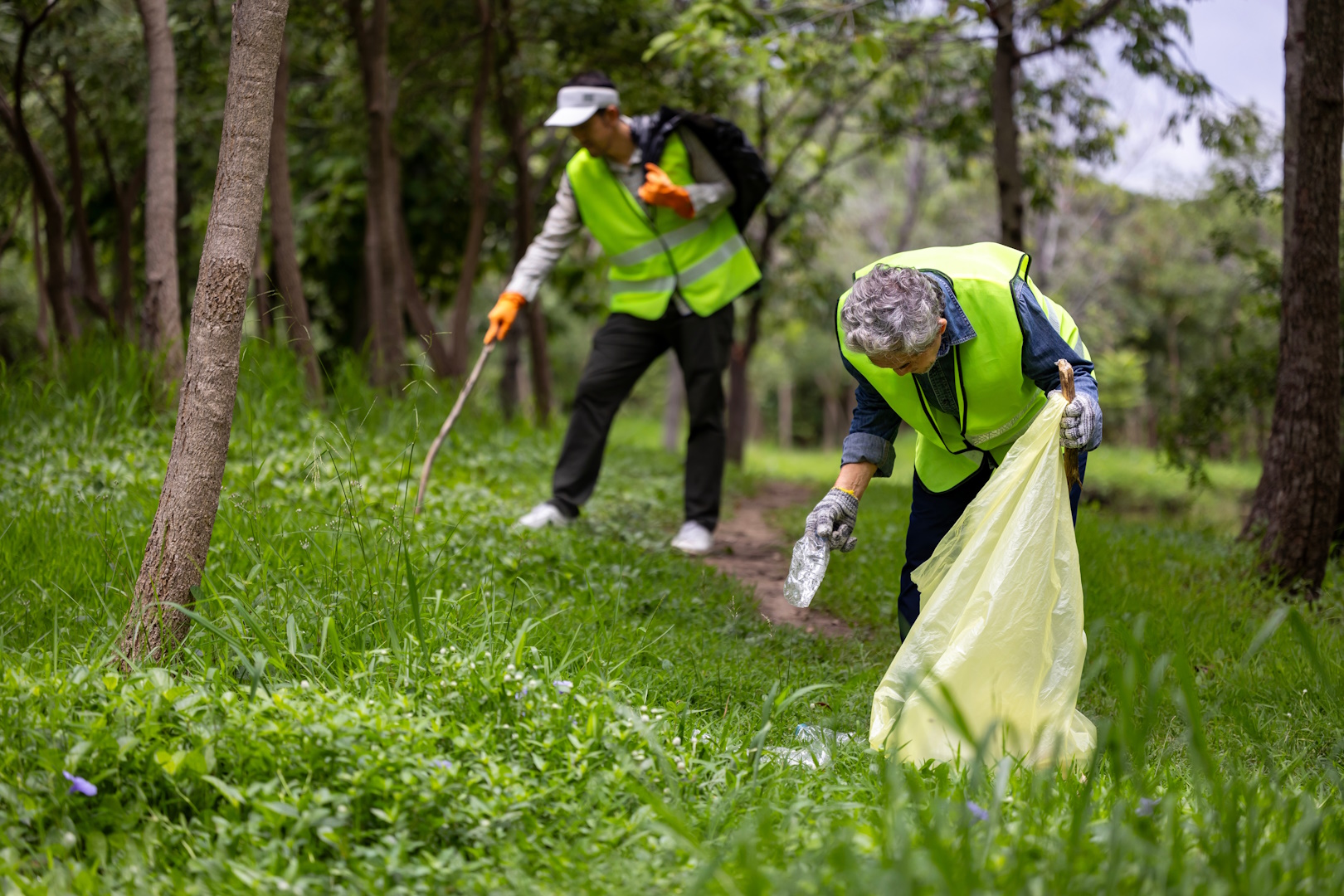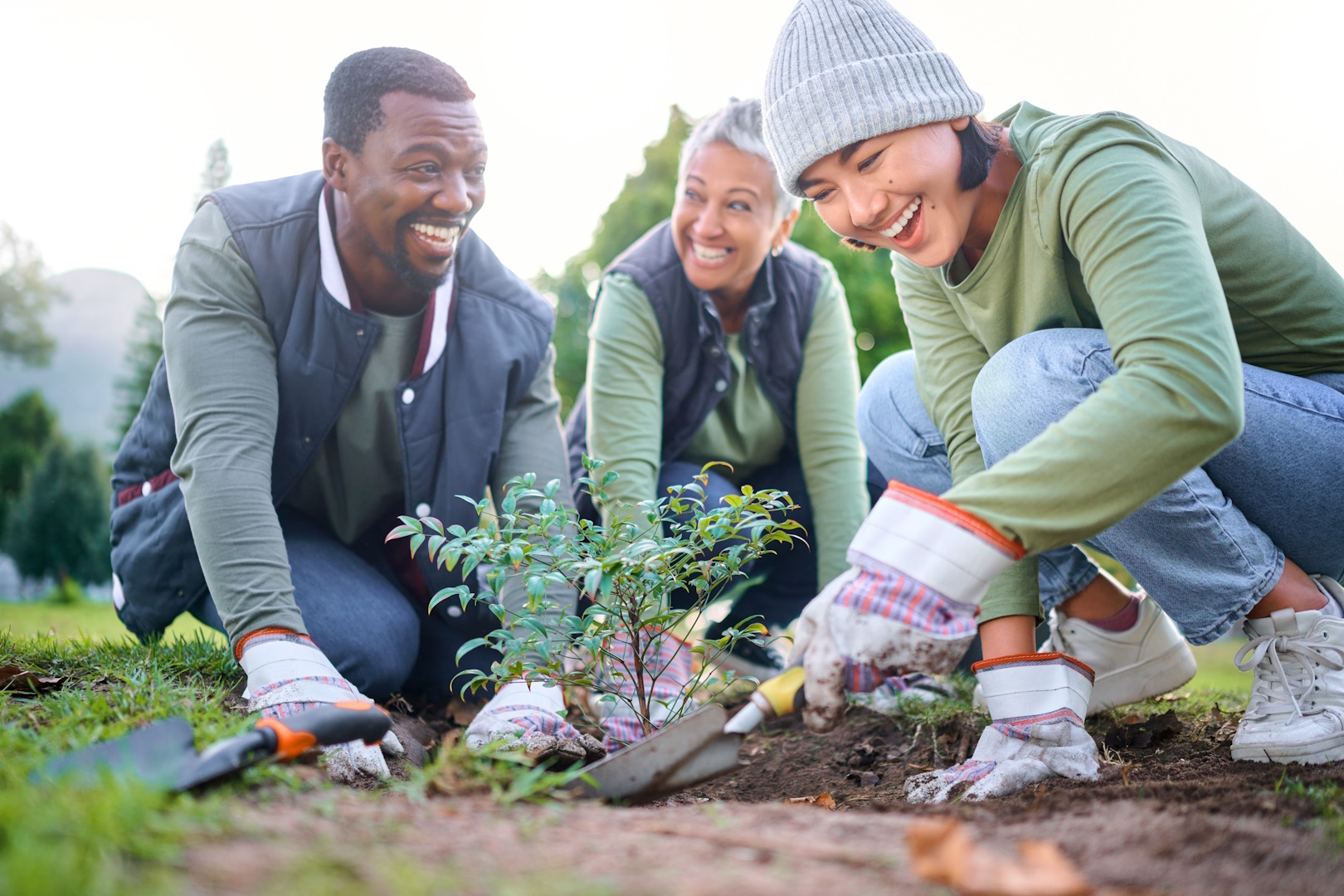Adopting sustainable practices is increasingly important for HOAs looking to promote environmental responsibility and reduce their community's ecological footprint. Implementing green initiatives not only benefits the environment but also enhances property values and fosters a sense of community. For many HOAs, the challenge lies in integrating these practices effectively while balancing budgetary constraints and resident expectations.
This blog explores practical sustainable practices for HOAs and offers actionable tips for going green. By adopting these strategies, your HOA can contribute to a healthier planet while creating a more vibrant and eco-friendly community.
Implement Energy-Efficient Solutions
Energy-efficient solutions are a cornerstone of sustainable practices for any HOA community. Start by assessing the energy consumption of common areas and identifying opportunities for improvement. Simple upgrades, such as installing LED lighting or energy-efficient HVAC systems, can significantly reduce energy use and lower utility costs.

Encourage residents to adopt energy-saving measures in their homes as well. Providing resources or workshops on energy efficiency can help homeowners understand the benefits of using energy-efficient appliances and lighting. Additionally, promoting the use of programmable thermostats and energy-saving habits can further reduce overall community energy consumption.
Consider investing in renewable energy sources, such as solar panels, for common areas or shared facilities. Solar power can provide a sustainable energy solution and offer long-term savings on electricity bills. Many local and federal incentives are available to help offset the initial costs of installing renewable energy systems.
Finally, regularly review and update your community’s energy policies. Setting goals for energy reduction and tracking progress can keep everyone motivated and accountable. By continually striving for improvement, your HOA can maximize its energy efficiency and minimize its environmental impact.
Encourage Water Conservation Efforts
Water conservation is another critical aspect of sustainable practices for HOAs. Begin by evaluating the community’s water usage and identifying areas where conservation measures can be implemented. Installing water-efficient fixtures, such as low-flow faucets and toilets, can reduce water consumption in common areas and individual units.
Implementing smart irrigation systems is an effective way to manage water usage in landscaping. These systems adjust watering schedules based on weather conditions and soil moisture levels, ensuring that plants receive the right amount of water without waste. Additionally, choosing drought-tolerant plants for landscaping can reduce the need for frequent watering and maintenance.
Encourage residents to adopt water-saving habits, such as fixing leaks promptly and using water-efficient appliances. Providing educational materials on water conservation and offering incentives for adopting green practices can further support these efforts. By fostering a community-wide commitment to water conservation, your HOA can achieve significant reductions in overall water use.
Finally, consider implementing rainwater harvesting systems for non-potable uses, such as irrigation or flushing toilets. Collecting and reusing rainwater can reduce reliance on municipal water supplies and provide a sustainable solution for maintaining landscaping. Educating residents about the benefits of rainwater harvesting can also increase community support for these initiatives.
Promote Sustainable Waste Management
Sustainable waste management practices are essential for reducing the environmental impact of your HOA community. Start by implementing comprehensive recycling programs that include sorting bins for paper, plastic, glass, and metal. Educating residents about the importance of recycling and proper waste disposal can increase participation and improve recycling rates.

Encourage the reduction of single-use plastics by promoting reusable alternatives. Providing reusable bags, containers, and utensils for community events can help reduce plastic waste. Additionally, organizing regular community clean-up events can foster a culture of environmental stewardship and encourage residents to take an active role in waste management.
Consider composting organic waste from common areas, such as landscaping clippings or food scraps from community events. Composting not only reduces the amount of waste sent to landfills but also provides valuable nutrients for community gardens or landscaping projects. Providing information on how to start composting can also inspire residents to adopt this practice at home.
Lastly, work with local waste management services to explore options for reducing waste and increasing recycling efficiency. Partnering with waste management professionals can provide insights into best practices and help your HOA develop effective waste reduction strategies. Regularly reviewing and adjusting your waste management practices can ensure ongoing improvements and sustainability.
Supporting Green Transportation Options
Promoting green transportation options is an effective way to reduce the carbon footprint of your HOA community. Start by encouraging the use of alternative transportation methods, such as biking, walking, or carpooling. Providing bike racks and pedestrian-friendly paths can make these options more convenient and accessible for residents.
Consider implementing an electric vehicle (EV) charging station in common areas to support residents who drive electric cars. Offering EV charging can incentivize the use of green transportation and demonstrate your community’s commitment to sustainability. Additionally, promoting car-sharing programs or offering incentives for reducing vehicle usage can further support green transportation efforts.
Hosting events or workshops on sustainable transportation can raise awareness and encourage residents to adopt eco-friendly practices. Providing information on the environmental benefits of alternative transportation can help residents understand the impact of their choices. Engaging the community in discussions about transportation can also foster a collective commitment to reducing emissions and supporting green practices.
Finally, explore partnerships with local transportation providers to offer discounts or incentives for residents who use public transit. Supporting public transportation helps reduce individual car usage and contributes to a more sustainable community. By providing these options and incentives, your HOA can promote a culture of green transportation and environmental responsibility.
Fostering a Culture of Sustainable Practices
Creating a culture of sustainability within your HOA community is crucial for the success of green initiatives. Start by integrating sustainable practices into community events and activities. Hosting eco-friendly events, such as tree planting days or sustainability fairs, can engage residents and raise awareness about the importance of going green.
Encourage residents to participate in sustainability initiatives by recognizing and rewarding their efforts. Implementing a green certification program for homes or common areas can incentivize residents to adopt eco-friendly practices. Celebrating achievements and milestones can foster a sense of pride and encourage ongoing participation.
Provide educational resources and workshops on sustainable living practices. Offering information on topics such as energy conservation, waste reduction, and sustainable gardening can help residents make informed choices. Creating a community newsletter or website section dedicated to sustainability can keep residents informed and engaged.
Finally, lead by example. The HOA board and management team should model sustainable behavior and actively support green initiatives. Demonstrating a commitment to sustainability at the leadership level can inspire residents to follow suit and create a cohesive, environmentally conscious community.
Embrace Sustainable Practices for a Greener Community
Adopting sustainable practices within your HOA community is a powerful way to contribute to environmental preservation and enhance the quality of life for residents. From energy efficiency to waste management, implementing these green strategies will benefit both the environment and your community’s overall well-being.
For expert assistance in integrating sustainable practices and managing your HOA community, contact PMI Brightstar today. Our experienced team can help you develop and implement effective green initiatives that promote sustainability and create a healthier, more vibrant community.


